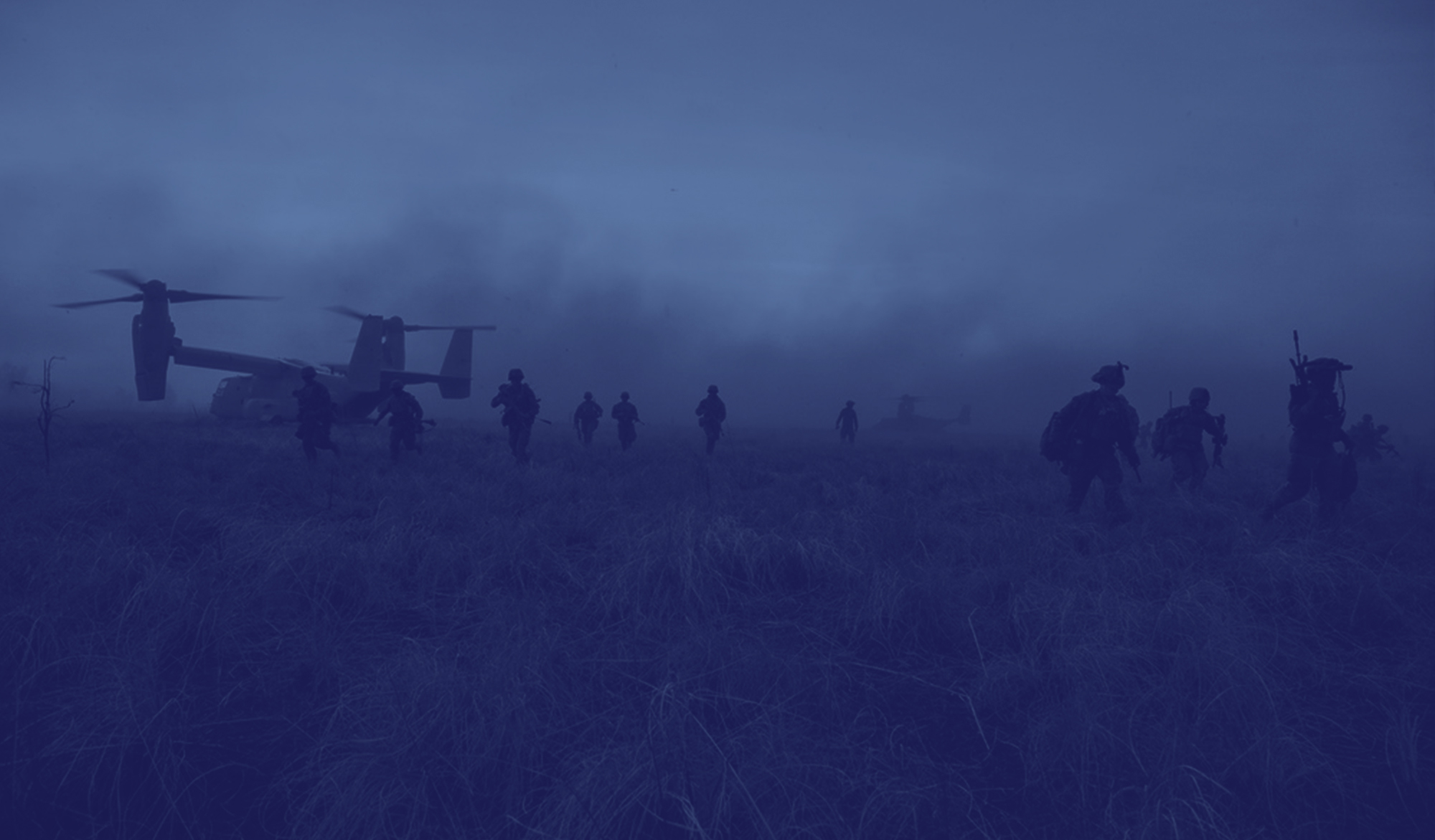MARINE CORPS AIR-GROUND COMBAT CENTER TWENTYNINE PALMS, Calif. -Lance Cpl. Katherine Venezia, motor transport operator, Motor Transport Company B, CLB-3, and native of Leesburg, Va., scans the area during a patrol exercise Sunday at the Combat Center here. Venezia and approximately 30 other Marines volunteered to join CLB-3’s Female Engagement Team., Cpl. Danny H. Woodall, 7/10/2010 2:24 PM
7/13/2010 By Cpl. Danny H. Woodall, Marine Corps Base Hawaii
MARINE CORPS AIR-GROUND COMBAT CENTER TWENTYNINE PALMS, Calif — Most Marines know the phrase: “Opha Mae Johnson … 1918!” This recitation of history still reverberates through classrooms and squad bays at recruit training depots, and for some reason, many Marines will never forget it.
Since 1918, female Marines have served their nation proudly through various supporting roles. Their mission is to provide the operating forces with the support necessary for combat units to operate and perform both effectively and efficiently.
However, approximately 30 Marines with Combat Logistics Battalion 3’s Female Engagement Team are branching out from their normal supportive roles and are training to become apart of an integrated team.
On Sunday, in conjunction with their Enhanced Mojave Viper pre-deployment training, 15 members of CLB-3’s FET began three days of demanding field training with “The Professionals” of 2nd Battalion, 1st Marine Regiment in order to prepare them for their upcoming deployment to Afghanistan.
In accordance with maintaining cultural sensitivity, a Female Engagement Team’s primary mission in Afghanistan is to act as an auxiliary force directly interacting with the local female populace by collecting mission-specific information and providing personal or medical care to those who may need it. When a FET attaches themselves to an infantry unit, their mission remains the same, but the situation may call for immediate, combative responses.
In Afghanistan, women are generally perceived as off-limits to males, said Sgt. Amanda Kimbro, motor transport operator, Motor Transport Company A, CLB-3, and native of Nashville, Tenn. Males are unable to search, question or provide care for Afghan women, but a FET has that capability.
“There’s a lot of good information that [the Afghan women] have which can then be turned into [military] intelligence,” said Kimbro, who is also a fire team leader with FET’s fire team A. “It’s also good to provide care to [the Afghan women]. It’s not enough to say that you’ll do it — you actually have to show that you care. Actions speak louder than words.” Read more here

